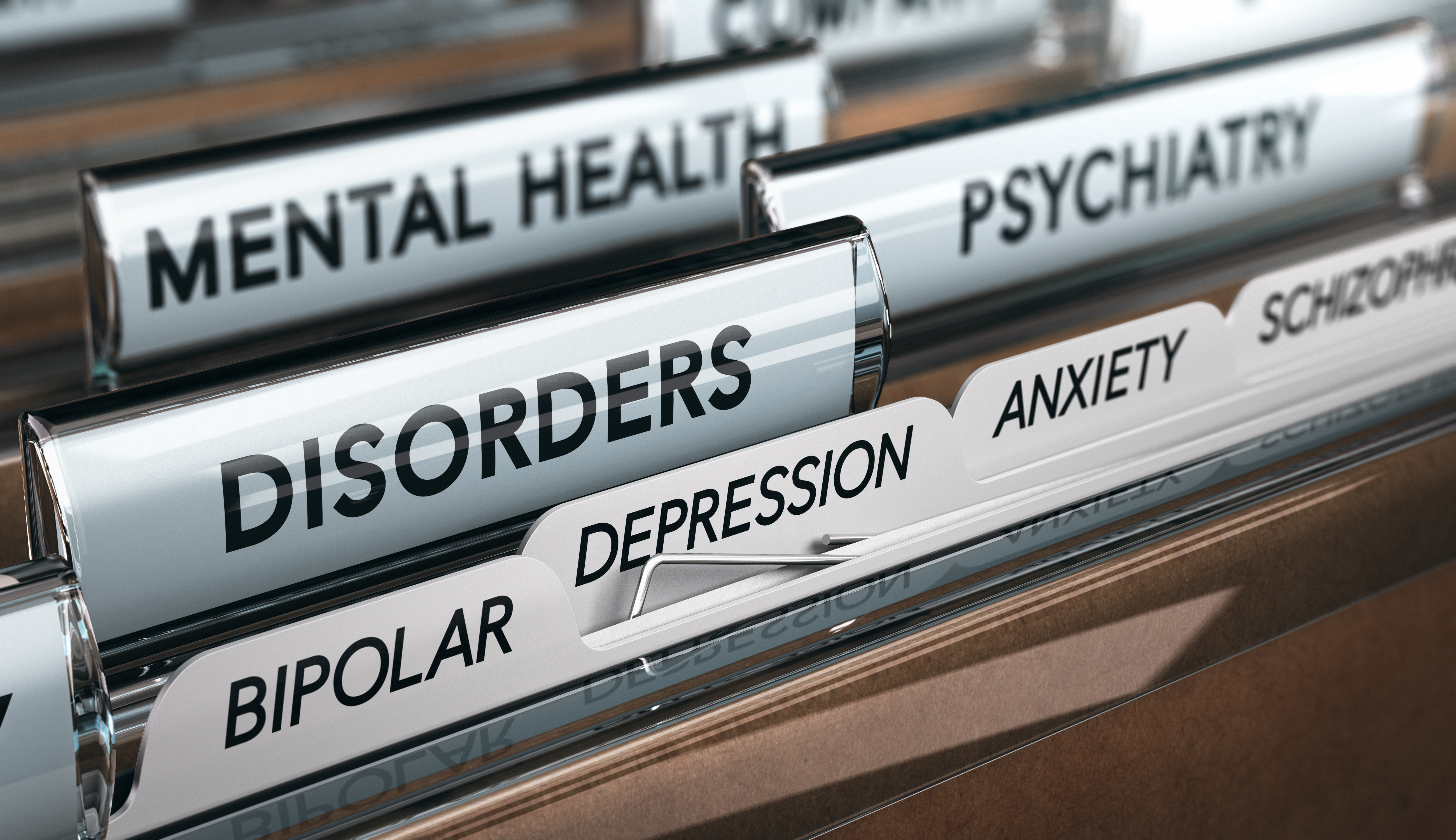One of the few positive things to come out of the pandemic is the awareness around mental health and wellness, especially among the millennials and Gen Z. However, much of the vocabulary that is associated with this topic is often misused, and that’s been the case for many years now. And so, we sat down with Aakriti Joanna, founder of Kaha Mind who is also working closely with Spotify and their initiative ‘Pause with Spotify’ that brings together mental health experts, content and conversations that matter, to know more about the commonly misused words and how one can avoid using them in their daily lives and here’s what she had to share:
1. The Out-Of-Control – OCD
OCD is often used as an adjective to describe someone who is neat and enjoys having things organised or well-planned. However, OCD is much more than just needing things to be a certain way. It’s a mental illness that leaves people with intrusive thoughts and anxiety, or the ‘obsession’.
These thoughts are extremely disturbing and often leave the person feeling like they have no control over them. In order to cope with intrusive thoughts, people engage in certain ritualistic behaviours called ‘compulsions’, like hand washing or counting. These actions can temporarily soothe or alleviate the anxiety and are hence done repetitively. So, having OCD is a lot more complicated and distressing than just being someone who enjoys structure!
Pro Tip: The next time, when you have a hard time finding a replacement for OCD, just use the word ‘organised’.
2. The Mental Battle – Psychotic
When things get heated and someone starts acting violently or throwing tantrums, we frequently don’t pay attention to our choice of words and end up using the abbreviation of psychotic – ‘psycho’. The very word ‘psychotic’ comes from a lifelong illness known as ‘psychosis’, which has an impact on a person’s general well-being, characterised by the experience of delusions and hallucinations. In fact, a few of the people who experience these symptoms even argue that a lot of the distress associated with psychosis is related to the stigma and maltreatment they experience from others.
Pro tip: Instead of using terms like ‘psycho’ and ‘crazy’ as insults, step away from the situation and have a conversation at a later time when the person is in a calmer state of mind.
3. The Non-Voluntary – Bipolar
Day-to-day mood fluctuations may last for around an hour, but one may easily refer to it as bipolar as if it were a characteristic attribute. It is time we understand that people who have bipolar disorder go through high and low mood cycles. When someone genuinely has bipolar disorder, they frequently experience intense exhilaration for weeks at a time, eschew sleep, and may engage in some risky behaviours. During a depressive episode, they may experience low energy, low motivation, and a complete loss of interest in daily activities. It’s more extreme and complex than mood swings!
Pro tip: Let’s address how the term bipolar is creeping into common usage and avoid labelling general mood swings as Bipolar disorder.
These words perpetuate harmful stereotypes about people with mental illness. There’s some research that suggests the words we use and the ways in which we use them actually shape our beliefs and reality and hence, our actions and behaviours. Additionally, it affects the people experiencing these illnesses and can prevent them from reaching out for help and support.
Follow @missmalinilifestyle on Instagram for more content like this.

